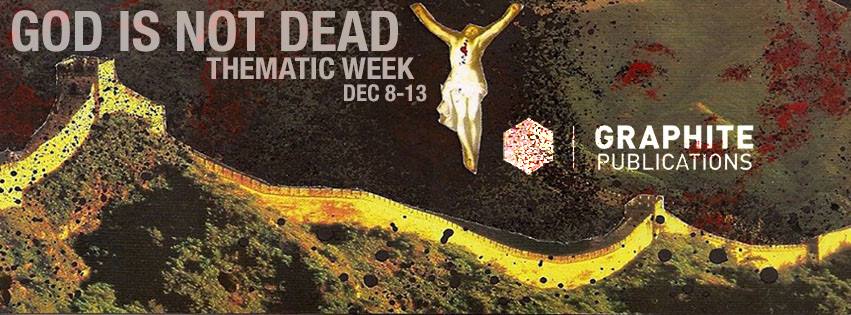Joseph Gordon Levitt’s directing debut Don Jon has received mixed reviews from a scathing thumbs down from Roger Ebert to a check of approval for examining the complexities of its social commentary from the New York Times’ Manhola Dargis. Ebert’s distaste at the exaggerated accents, objectification of women, and lack of inventiveness are perhaps naive if well founded. I tend to agree with the latter review that engages with critical discourse from film theorists like Linda Williams to understand the critique of pornography and the world of fantasy enthralling us all in the age of the internet. The set, costumes, and acting are all convincing to the point of suture: as viewers, we are pulled into the engaging and very real world of Don Jon, allowing for the necessary character identification. The central issue is one of increasing importance in our society as the internet has made porn not only available but easily accessible. The taboo nature of the video industry is perhaps part of its erotic appeal. While porn is seemingly all to do with sex, the film reminds us of the issues of gender, power, and reality wrapped up in its aura of seduction.
While a simple critique of a porn addict is easy, the film forces us to identify with Jon and understand the addiction through his personal voiceover narration, complicating the viewer’s potential biases against porn. If watching the film through a feminist lens, the misogyny is infuriating, yet the extravagance and ridiculousness of Don’s character in his pursuits makes it more comic than genuine. In addition, the women in his life do seem to be his saving grace, reminding him of the value of human emotion. As Don watches through the distance of his screen, the intimate human process of sex, he is drawn further and further away from reality and the possibility for the messy, complicated beauty of human interaction. His life is mechanized into a series of disingenuous movements: ‘“My body, my pad, my ride, my family, my church, my boys, my girls, my porn.”. The end marks a shift in gear from this automatic setting, as he develops his relationship with Julianne Moore’s older, yet vibrant and playful character.
Gordon-Levitt and Scarlett Johansson’s on screen chemistry is explosive. His sexual desire for Johansson’s character, Barbara, makes it all the more dumbfounding as he creeps back into the recesses of his addiction after a night of hot sex. However, he is not portrayed as the evil disgusting misogynistic pig we might expect as Barbara is ultimately equally obsessed with an unattainable fantasy that seeped through her mind via the fairytales of Hollywood romance. The opening sequence of montage with talk shows, films and porn equates the level of unhealthy idealization in pornography to that of popular television and film in America. The subtle yet poignant depiction of two individuals, together, yet so separate, illustrates the resultant disconnect. Just as the film and media industries are critiqued, so are the religious practices that supposedly offer salvation from these sins and a chance for redemption. The cycle of sin and confession is continued until the fog clears from Jon’s eyes as he quits porn, and realizes the emptiness of his practices.
Overall, the film is a thoughtful yet entertaining critique of the porn industry, and the larger system of American cinema, which draws us in to a realm of fantasy only to create unrealistic expectations and a detachment from the possibility of meaningful experiences of being human.
By: Elizabeth McLellan
Image from: http://static.rogerebert.com/redactor_assets/pictures/5241fae64206c5b9be00002b/DonJon-2013-2.jpg
Graphite
Latest posts by Graphite (see all)
- 3D Printing Architecture - February 13, 2015
- Style and Sexuality: Hairless Beasts and Visual Feasts - February 9, 2015
- Don Jon: A Review - February 8, 2015


